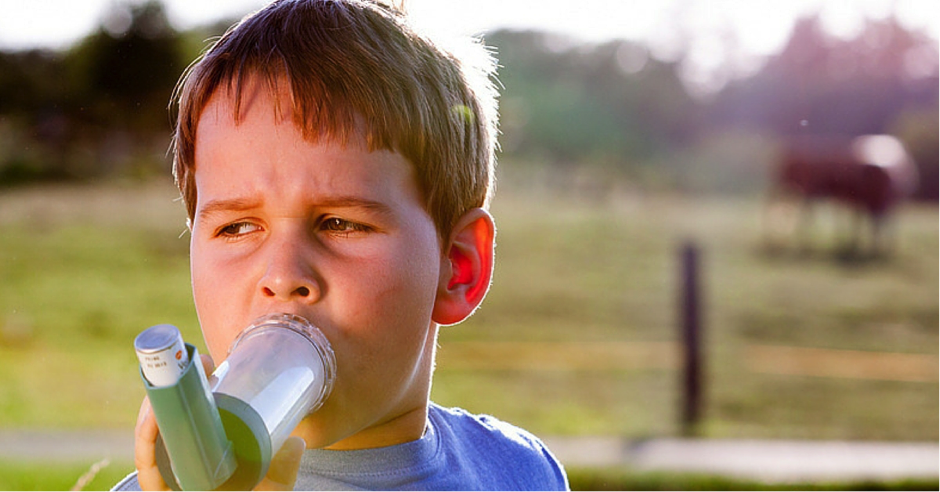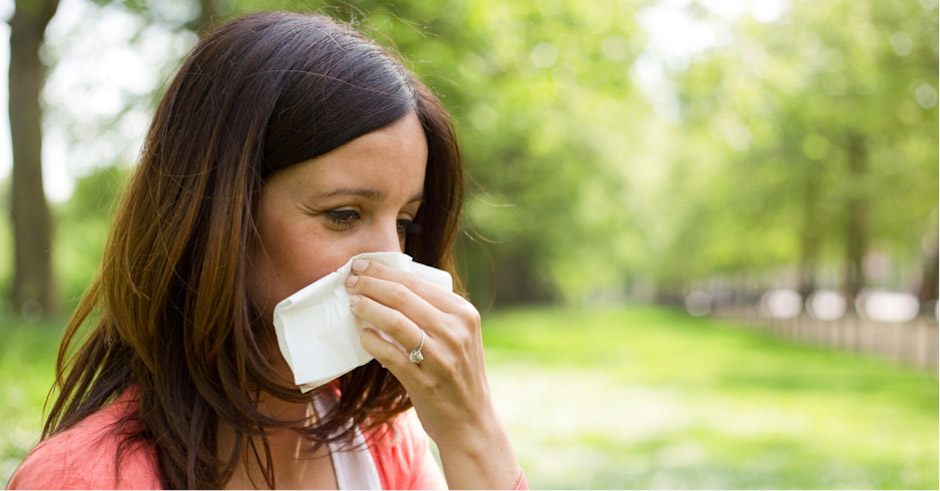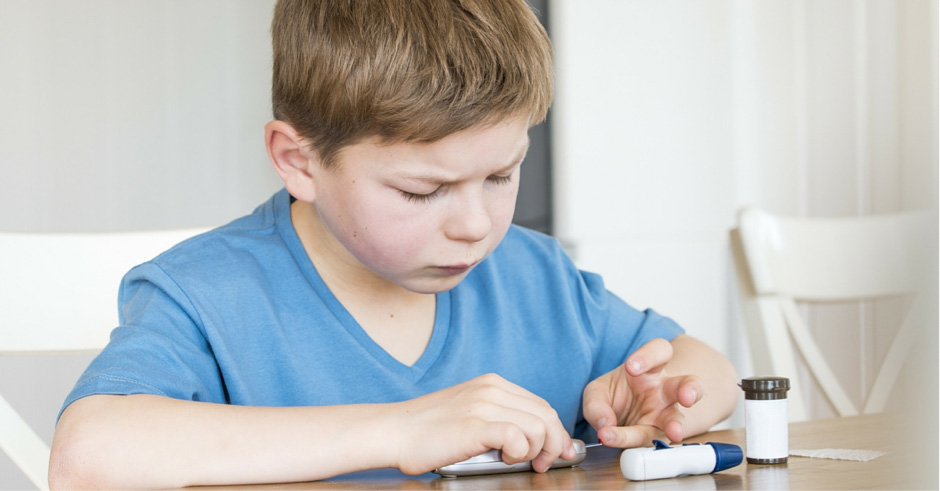Acne is a common skin condition which tends to appear during the teenage years. It is often triggered by hormone changes, which can cause the sebaceous glands in your skin to produce too much sebum – a naturally oily secretion of the skin. This, in turn, can cause the skin pores to become blocked with sebum, which can also trap dead skin cells and bacteria. This build-up of sebum, dead skin cells and bacteria can lead to the development of whiteheads, blackheads, pustules, and cysts.
The condition itself is very common and is estimated to affect more than 80% of teenagers. Although it’s at its worst during the teenage years and early twenties, it can continue well into the forties, especially in women. While it usually affects the face, neck, and shoulders, it can even appear on other parts of the body such as the back and hips (myDR, 2017).
Triggers Of Acne
The following factors are known to trigger the development of acne;
- Periods of stress
- Hot and humid weather which causes sweating and pore blockage
- Medications such as steroids, anti-epilepsy pills, and oral contraceptive pills
- Just before and at the beginning of a period
- Abnormally high levels of particular hormones in women.
Acne is not an infectious condition and cannot be resolved by ‘scrubbing’ your skin clean. The condition is not caused by what you eat either; however, a well-balanced and healthy diet is always recommended for overall optimal health. The condition is often worsened by stress but is not caused by stress alone.
Self-Help Strategies For Acne
The following self-help strategies can help you manage acne;
- Avoid squeezing pimples and removing blackheads as it can worsen inflammation and cause scarring.
- Gently cleanse your skin twice a day, especially after exercise or after wearing makeup. Also, avoid any excessive exfoliation as this can cause skin dryness and irritation.
- Avoid the use of oily and greasy products on the skin and hair, such as makeup and hair styling products.
- Try different treatments, or a combination of other treatment options if one doesn’t suit you. Remember that most treatments require you to apply them to the whole area of affected skin, not only the individual pimples.
There are multiple over the counter treatments available for acne sufferers. The most effective products often contain benzoyl peroxide, an antiseptic which works by preventing new pimples from forming.
You should see your healthcare provider or a pharmacist if your acne becomes severe or you are not seeing results from acne products, despite using them for several months. Females who are also suffering from an excessive amount of facial hair, irregular menstrual cycles, or weight gain may be suffering from hormone imbalance and could also require medical attention.
A doctor can prescribe you retinoid creams, antibiotic creams and tablets which work by preventing the formation of new pimples. These treatments require six to eight weeks of daily use but can be used with benzoyl peroxide creams.




